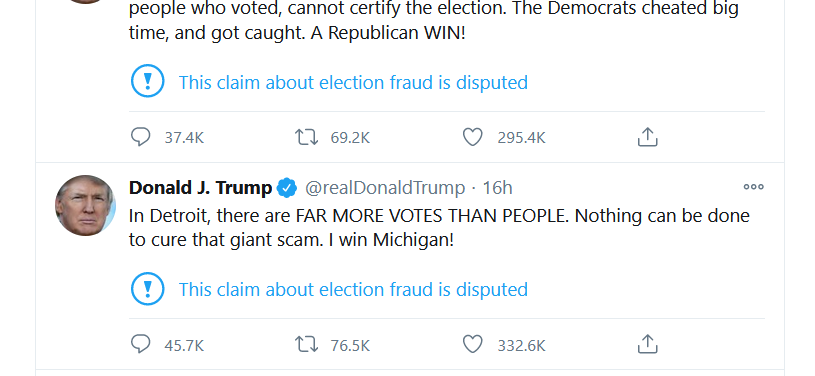This Way, Tyranny Lies
One of my favorite topics to teach is the 16th century scientific revolution in Europe. If I could, I would spend an entire semester dissecting the way Ptolemy’s second-century explanation of the universe prevailed for 13 centuries, only to be challenged by Copernicus and then utterly destroyed by Tycho Brahe and Johanne Keppler, who turned 20 years of nightly observations of the heavens into three laws of planetary motion:
- Planets have elliptical orbits around the sun, not circular.
- Planets do not move at uniform speeds in their orbits.
- The length of time a planet takes to orbit the sun once is related to its distance from the sun.
Where Ptolemy and Copernicus speculated about the movements they could see in the heavens, Kepler was able to prove and predict the movements of the heavens with precise, mathematical calculations.
This was the start of the scientific revolution—a period which laid the foundation for the modern world by supplanting faith with reason. In the next two centuries, philosophers pondered whether science and reason should replace orthodoxy in every aspect of human life, including law and governance. It’s in this era that the Western mind began to think of “progress.” Thinkers grappled with questions of epistemology: how do we know what we know? John Locke, in his Essay Concerning Human Understanding advanced the argument that all ideas—and all knowledge—are derived from human experience. He said the human mind is a blank-slate—a tabula rasa—and that all that follows is determined by education and social institutions.
It’s this flowering of knowledge that historians refer to as “The Enlightenment.” In it, great thinkers revived ancient theories of governance from Rome and Greece and gave them a modern foundation. The American and French Revolutions sprang from this intellectual and political ferment and with them the language of individual human rights, the idea that governments are instituted to protect liberties and serve the common good, not the interest of the king, while they draw their authority to rule—their very sovereignty—not anointed as a divine right, but derived from the consent of the people.
The legacy of these ideas continues to shape the modern world to this very day, but they are under assault in the United States right now. With the news of the last week from Pfizer and Moderna, we should be in the midst of a joyous celebration of the liberating power of the human mind and science. Instead, we’re reading reports that people’s last words before being intubated are that they don’t trust the doctors and they don’t believe COVID is real. We’ve just completed the pageant of democracy in this country, and the losing candidate is Tweeting about electoral fraud that doesn’t exist while the Republican Secretary of State in Georgia warns he’s receiving pressure to throw out legally cast votes by none-other-than the chairman of the Senate Judiciary Committee, Senator Lindsey Graham. It’s remarkable that only 50 percent of Republican voters believe Donald Trump is the victim of electoral fraud.
President Trump has advanced an anti-Enlightenment philosophy of governance throughout his presidency, one I’ll call, loosely, “post-modern.” Essentially, he asserts that nothing is real and everything is possible. Objective facts aren’t as important as what we assert to be facts. No evidence of electoral fraud? No problem, he simply asserts there is voter fraud. The president lost the popular vote, again? Not a problem, he just Tweets, repeatedly, that he actually won while his lawyers seek to throw out legally cast ballots. There is no objective reality. Two people can observe the same thing and one view of the event is no more legitimate than the other.
But republican government—which vests its hopes in the educated and, yes, reasonable judgment of the people—cannot succeed if we refuse to agree on basic, knowable facts or if we substitute conspiracy theories for real knowledge and understanding. My anxiety isn’t driven by any concern over the 2020 election: Joe Biden won. My anxiety is driven by the blows being driven into the Enlightenment’s foundation as well as its legacy in the United States.
In the absence of facts, the final determinant of truth is power. In the absence of reason, governments will function purely on power. In the absence of commonwealth, the only purpose of the state is power. Tragically, we know how this ends. This way lies tyranny, maybe not in 2020 or 2024, but the seeds being scattered now by President Trump and his supporters will only yield a very bitter harvest.

